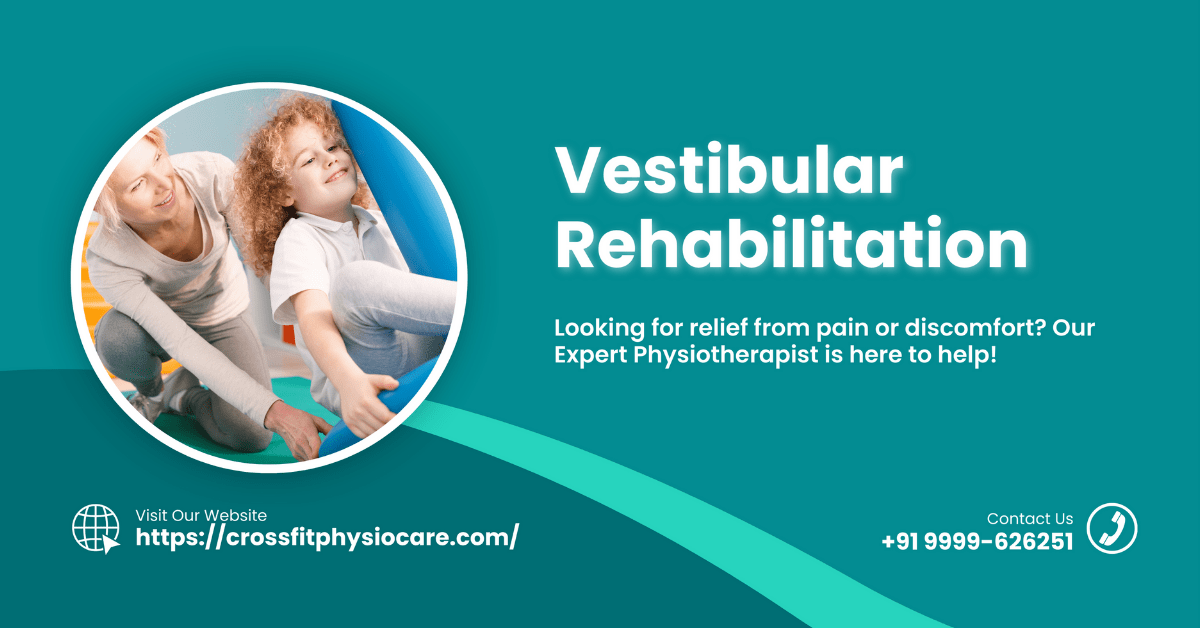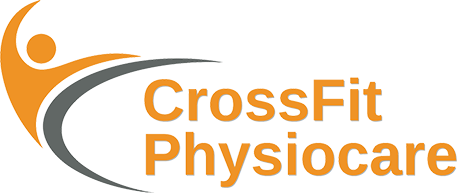
Vestibular Rehabilitation
Vestibular rehabilitation is a specialized form of physical therapy designed to address disorders and dysfunctions of the vestibular system, which plays a crucial role in balance, spatial orientation, and maintaining stable vision. The vestibular system is located in the inner ear and provides sensory information to the brain about head movement, helping us maintain balance and coordinate our movements.
Vestibular rehabilitation is commonly used to treat conditions such as:
Benign Paroxysmal Positional Vertigo (BPPV): A common condition characterized by brief episodes of intense vertigo (spinning sensation) triggered by changes in head position.
Vestibular Neuritis: Inflammation of the vestibular nerve, often leading to sudden onset of severe dizziness, vertigo, and imbalance.
Labyrinthitis: Inflammation of the inner ear that can cause vertigo, hearing loss, and imbalance.
Meniere’s Disease: A disorder of the inner ear that leads to recurrent episodes of vertigo, hearing loss, tinnitus (ringing in the ears), and a sensation of fullness in the ear.
Postural Instability: Conditions that lead to balance problems, such as aging, certain neurological disorders, or the aftermath of a concussion.
Key Aspects of Vestibular Rehabilitation:
Evaluation: A thorough assessment by a vestibular therapist is essential to identify the specific vestibular disorder, assess balance and gait, and determine the impact on the individual’s daily activities.
Customized Exercise Program: Based on the evaluation, the vestibular therapist develops a personalized exercise program to address the individual’s needs. These exercises are designed to gradually desensitize the vestibular system and improve balance, gaze stability, and overall function.
Habituation Exercises: These exercises help the brain adapt to the specific motion or position that triggers dizziness or vertigo. Over time, the brain becomes less sensitive to these triggers.
Gaze Stability Exercises: These exercises focus on improving the ability to keep the gaze steady during head movements, which is essential for activities like reading, walking, and driving.
Balance and Coordination Training: Vestibular rehabilitation often includes exercises to enhance balance and coordination, reducing the risk of falls.
Benefits of Vestibular Rehabilitation:
Reduced Dizziness and Vertigo: The primary goal is to decrease or eliminate symptoms of dizziness and vertigo.
Improved Balance: Vestibular rehabilitation can significantly improve balance and reduce the risk of falls.
Functional Improvement: Individuals often experience improved ability to perform daily activities, such as walking, reaching, and maintaining visual focus.
Quality of Life: Vestibular rehabilitation can lead to increased confidence in daily activities and an overall improved quality of life.
Vestibular rehabilitation is highly effective for many vestibular disorders. If you’re experiencing symptoms such as dizziness, vertigo, imbalance, or related issues, it’s essential to consult a healthcare provider, preferably one with expertise in vestibular disorders, for proper evaluation and appropriate referral for vestibular rehabilitation if necessary.
- Daani Plaza E-595-596, 4th Floor, Ramphal Chowk Rd, Block E, Sector 7 Dwarka, New Delhi - 110075
- +91 99996 26251
- support@crossfitphysiocare.com
How can we help you?
If you are looking for the best and nearest physiotherapist, then click below to message us on WhatsApp.
